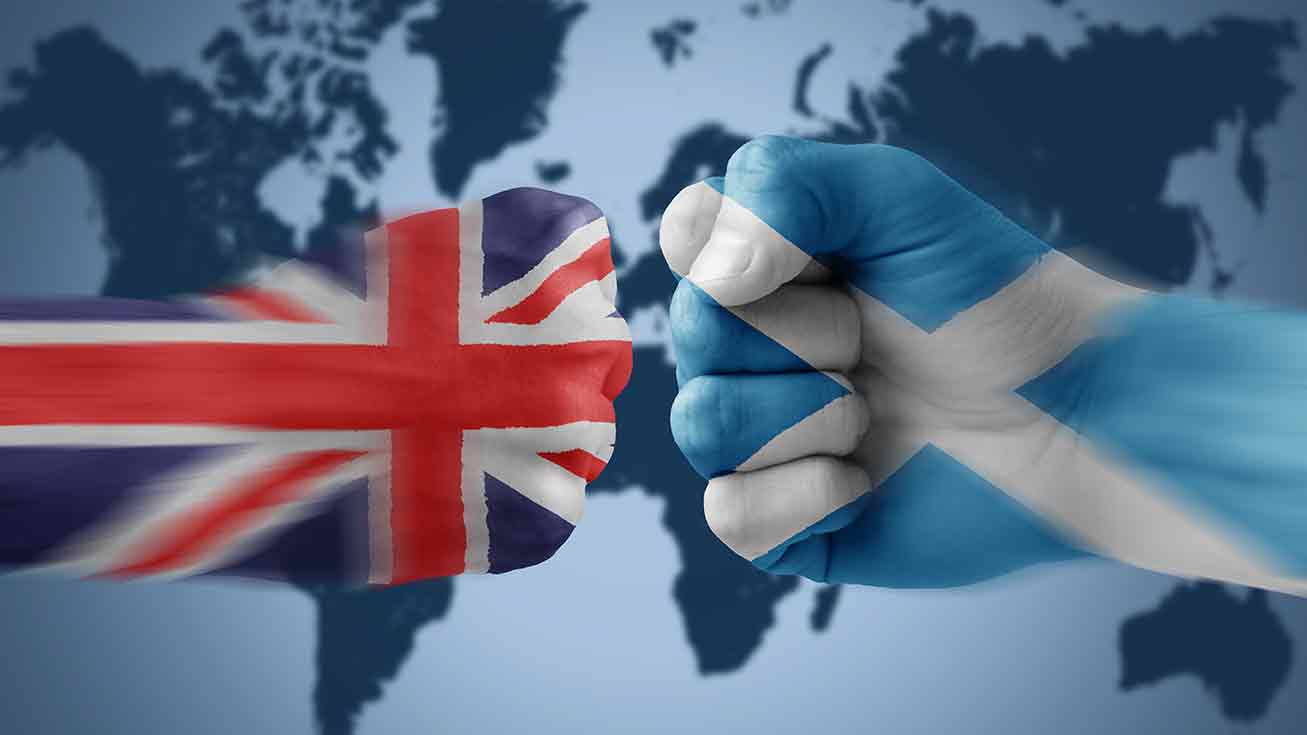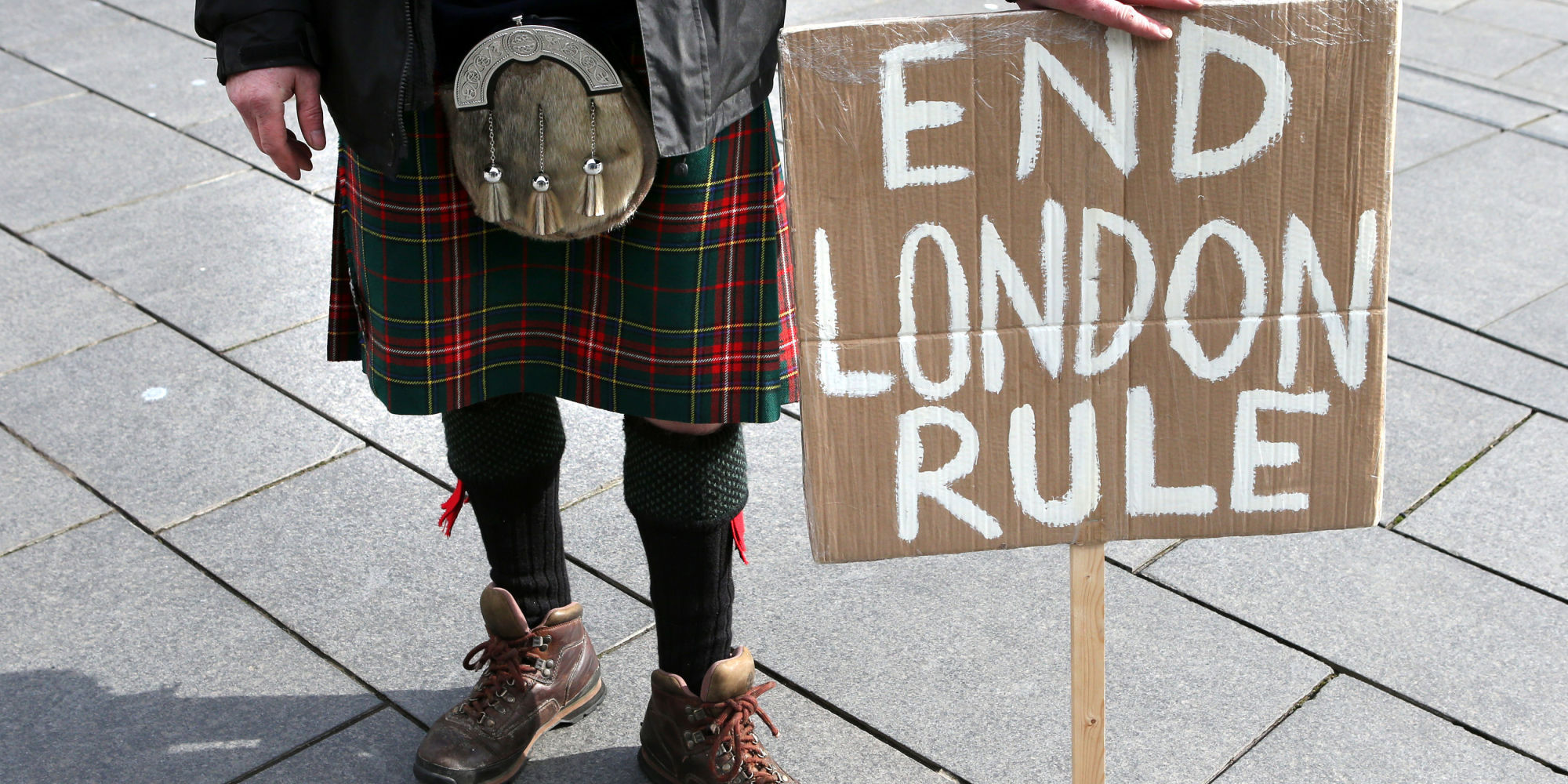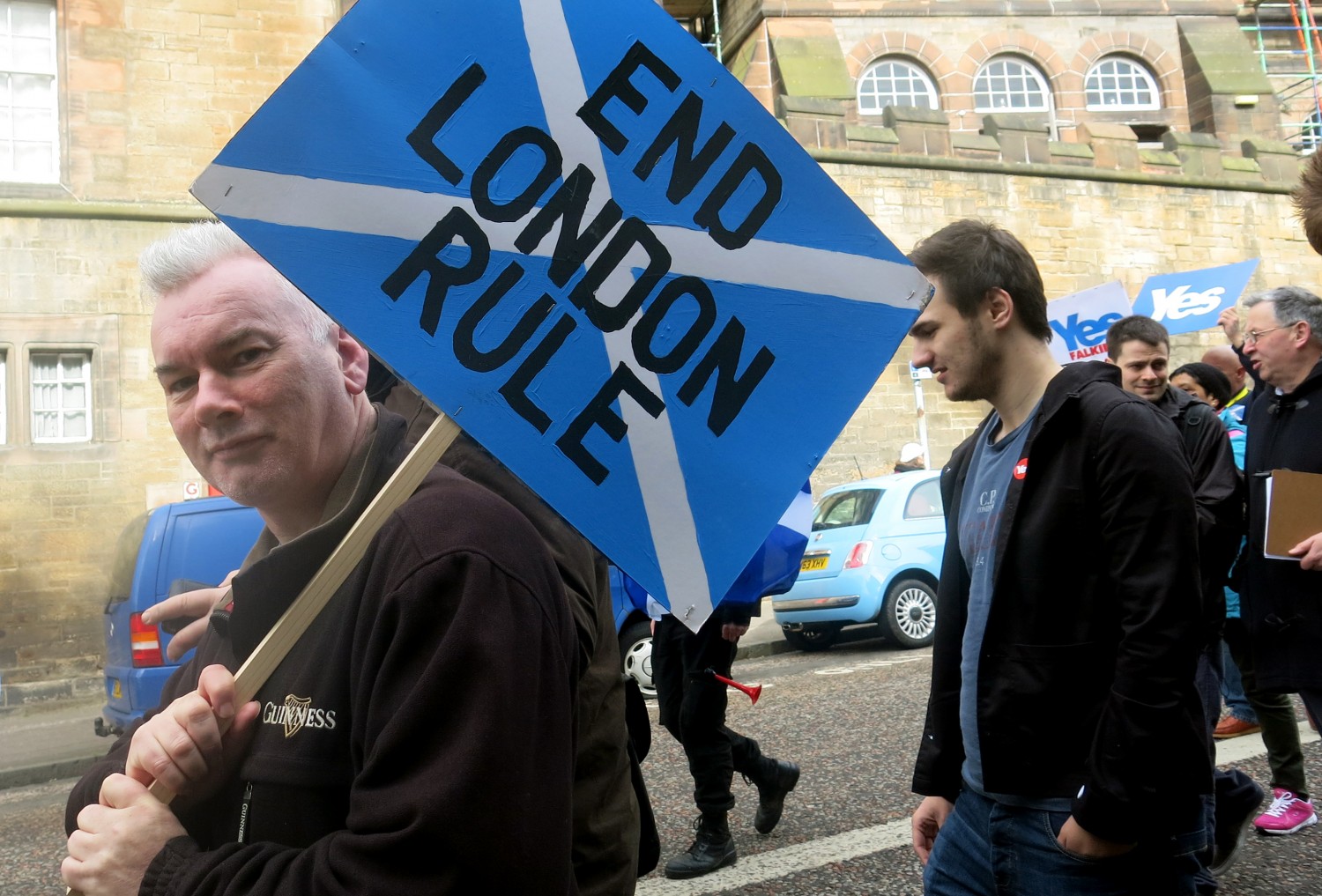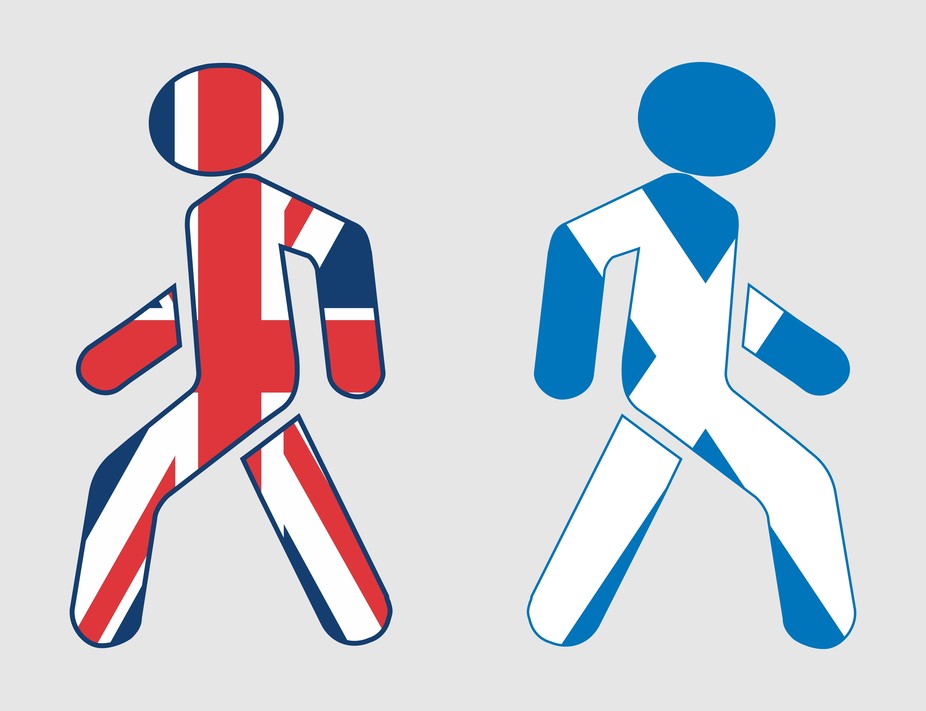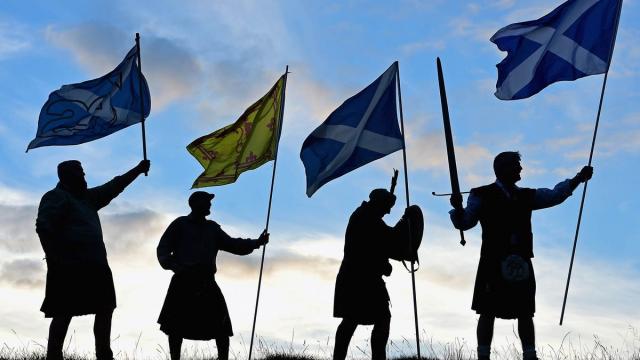
There will be another Scottish independence referendum in 2018, predicts Alex Salmond. He is the former First Minister of Scotland and twice leader of the Scottish National Party, between 1990 and 2000 and again between 2004 and 2014. Salmond made the announcement on the eve of the second anniversary of the 2014 independence referendum, Sept. 18. Then, Scots narrowly voted to remain in Britain.
Salmond’s call carries great weight within the independence movement. When he first led the SNP in 1990, it had three seats in the British Parliament in Westminster. Today the party holds all but three Scottish seats. It has been successful in pushing for a devolved Scottish Parliament, where the majority of parliamentarians are now in favor of independence.
But looking back from the 1990s to today, it is clear independence is far more than one politician or one party. The 2014 indyref was put on the table by the SNP, but it was the groundswell of social movements that turned it into a contest. The networks created for 2014 are now ready and poised for indyref2.
The Brexit starting gun
During the 2014 independence referendum, Scots were told they would forfeit their place in the European Union if they left Britain. Due to the Brexit vote this year, the opposite could be the case. Even though 62% of Scots voted to remain, the overall British population voted by 52% to Leave.
Due to the vote, Scotland's First Minister Nicola Sturgeon stated Brexit represents a “significant and material change,” enough to warrant another referendum.
Further material changes
Since the 2014 referendum, the Brexit debacle is not the only reason Scots could argue there has been a change worthy of a new vote. There is strong evidence – still under police investigation – that the Conservatives broke election rules and rigged the 2015 election. The claims relating to overspending in marginal seats have been pursued by the independent Channel Four TV news station.
Whether David Cameron was voted in legitimately or not, there is also further contention over his successor, Theresa May, who became leader without any election or mandate, even within the Conservative Party.
Threats made during the referendum campaign that a vote for independence in 2014 would eject Scotland from the EU is not the only broken pledge from the 2014 indyref campaign. Again, it points to a lack of legitimacy in Westminster. The self-proclaimed Project Fear promised keeping the Kingdom united would mean Scotland would be given extensive new powers, retain public spending, continue welfare provisions uncut, and extend its impressive renewable energy program. The SNP provides strong evidence about how these promises were broken, neglected and withdrawn.
Another significant material change was Westminster’s recent decision to continue with its nuclear weapons project. It is based in Faslane, on the edge and threatening Scotland’s largest city. Of the total 59 MPs Scotland currently elects to the Westminster Parliament, only one supported the renewal of the Trident program. This is a great analogy of how Scotland’s democratic will is defied by the British Union.
Likely, not definite
In light of the Brexit chaos, the broken promises and democratic deficit, it would be easy to think independence is certain. This was expressed last year in a survey of Scots, which found 72% thought the nation would be independent within a generation, and a majority expecting it within a decade.
By contrast, other polling is far more inconclusive. The surge in support for independence seen during the independence campaign continues to grow, but the country is split about 50-50 whether to vote Yes next time round. What could alter the situation? When Westminster formally starts Brexit.
Indyref mark.2
The question on how to do things differently next referendum is crucial for Scotland. It could determine Britain’s break-up – unless, of course, Northern Ireland moves swiftly to unite with Ireland, based on its majority voting against Brexit.
In many ways the same arguments will be rehashed in indyref-2. The Better Together side will argue that retaining the status quo is the safest option, backed by the British government and the British media with the BBC completely on message. In hindsight it seems likely that they will do everything in their power to use fear to assert that Scotland is incapable of self-governance and separation will cause meltdown.
Voices in the British establishment will likely suggest that with the Brexit chaos, Scotland should stay with Britain to whether the storm. The irony is that if Scotland had split in 2014 it could now be negotiating with the EU and not face the prospect of being on the sinking ship caused by England-Wales.
One striking difference in a Better Together-2 will be some notable absentees. A major question mark hangs over the Labour Party, whose popularity has declined immensely in Scotland, in large part from its alliance with the Conservatives over Better Together. Scottish Labour says all options – including supporting independence – are on the table next time around.
In comparison, the most dynamic force in another referendum will be the movement for independence. It emerged and grew during the indyref as an alliance of groups, a project harnessing the intelligence of the crowd working collectively under the banner of an independent nation, and these networks continue to evolve. It is also dynamic in the sense that it is imagining a new country, rather than trying to maintain business as usual.
As a mass of movements, rather than the top down institution it faces, indyref-2 has ever since the first vote asked itself why it lost. This question has been doing the rounds since Sept. 19, 2014, in meetings, convergences and on the thriving new digital media.
In the coming months, Occupy.com aims to explore how the indyref movement is answering the big questions about a new Scottish state.
3 WAYS TO SHOW YOUR SUPPORT
- Log in to post comments

